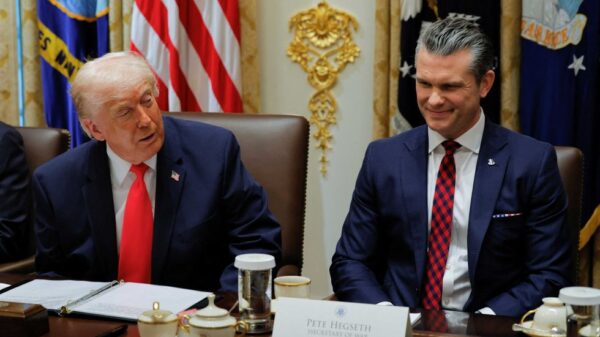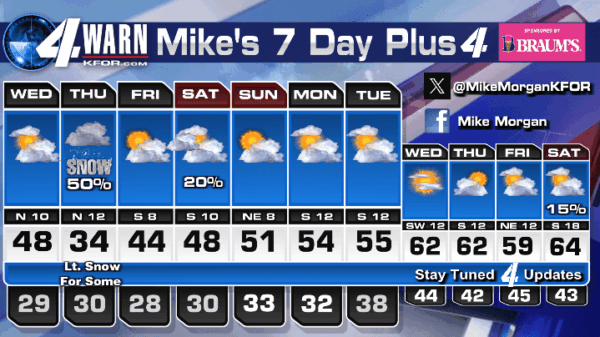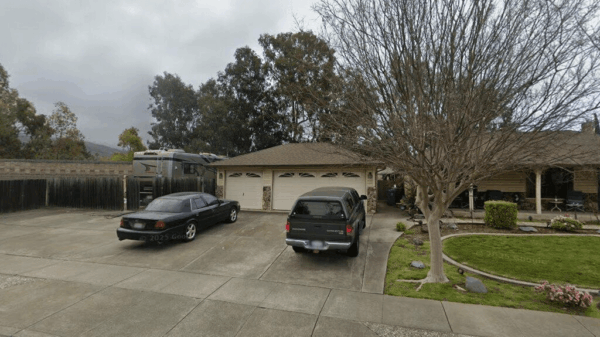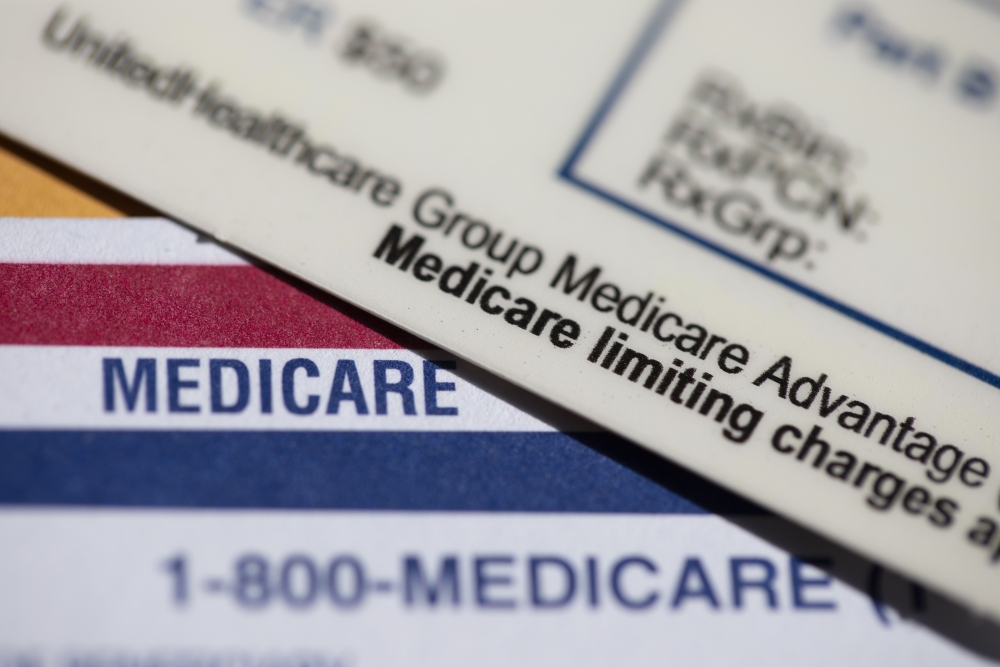In a recent letter to the editor, Carol Riley from Cumberland County responded to Michael Bacon’s opinion piece advocating for traditional Medicare, highlighting the financial pressures many seniors face. Riley, who is on a fixed income, articulated the challenges of managing healthcare costs, particularly in light of rising living expenses.
Cost Considerations for Seniors
Riley began her correspondence by sharing her personal experience with Medicare, noting that she initially enrolled in traditional Medicare. However, to cover the gaps in coverage, she found herself paying approximately $300 per month for a supplemental policy. Seeking more affordable options, she transitioned to Martin’s Point Gen Advantage, which offers a plan with no premium for residents in Cumberland County.
Living alone in her 70s, Riley emphasized the importance of managing her financial obligations. She pointed out that everyday costs, such as groceries and property taxes, are increasing, making it essential to find effective healthcare solutions. Her experience with Martin’s Point proved beneficial when she required knee replacement surgeries, each costing around $32,000. Under her current plan, her out-of-pocket expense for a one-night hospital stay amounted to only $350.
The Debate Over Universal Health Care
While acknowledging valid points made by Bacon regarding traditional Medicare, Riley urged consideration of the broader financial landscape faced by many seniors. She expressed that numerous individuals may be in similar or even more challenging circumstances, where managing healthcare expenses is increasingly daunting.
Riley also advocated for universal health care, suggesting that while it may lead to higher taxes, it could ultimately reduce the financial burden on individuals. She argued that a universal system would provide coverage for those unable to afford insurance rates, benefitting a wider population at the expense of insurance companies that often impose rising premiums and deny coverage.
In her letter, Riley encapsulated the dilemma many seniors encounter: the need to balance essential healthcare with financial realities. The conversation surrounding Medicare options continues, reflecting the diverse experiences and perspectives of those navigating the complexities of health care in their later years.






































































